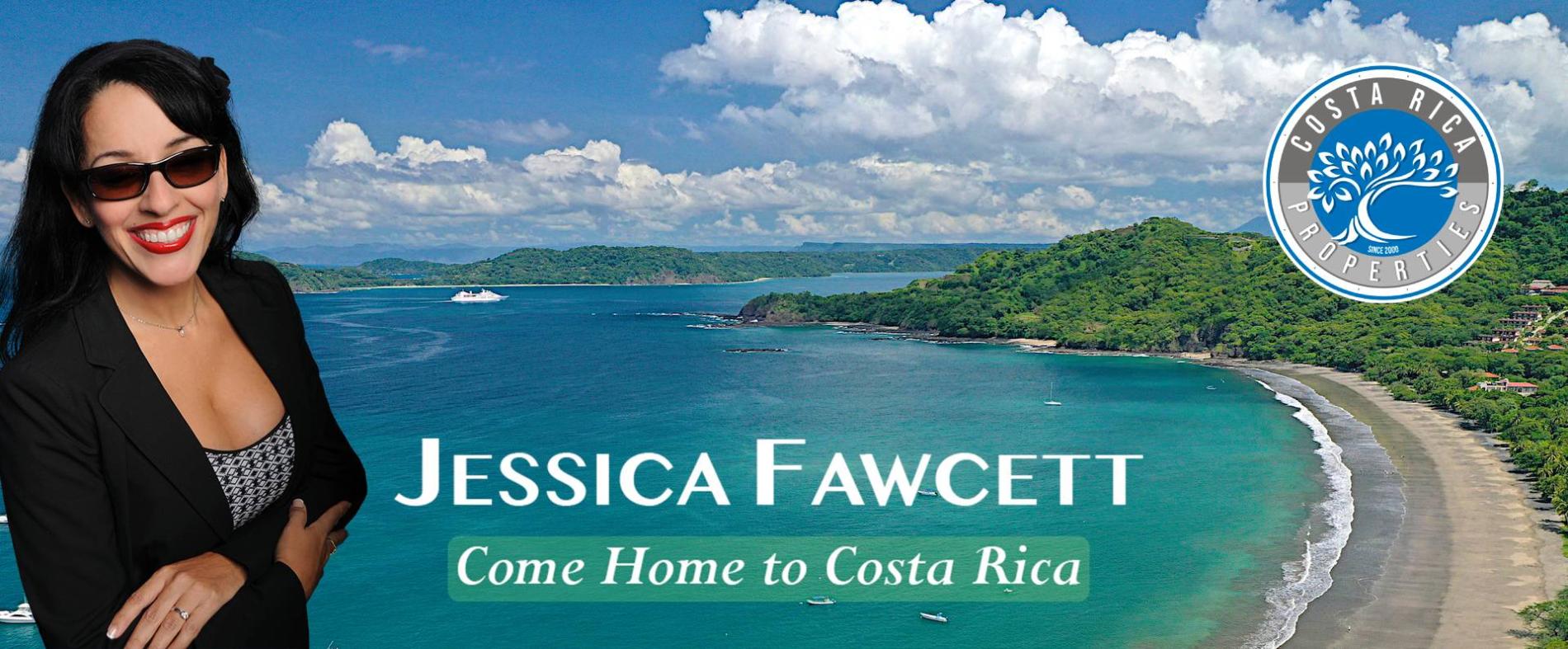1. What is the official language of Costa Rica?
The official language of Costa Rica is Spanish.
2. What is the currency used in Costa Rica?
The official currency is the Costa Rican Colón (CRC), although U.S. dollars are widely accepted in many places.
3. Do I need a visa to visit Costa Rica?
Visitors from many countries, including the United States and most European nations, do not need a visa for stays less than 90 days. However, it's important to check the specific visa requirements based on your nationality.
4. What is the best time to visit Costa Rica?
The dry season, from December to April, is generally considered the best time to visit Costa Rica, as the weather is more predictable and outdoor activities are more enjoyable.
5. Is it safe to travel in Costa Rica?
Costa Rica is often considered one of the safer countries in Central America for tourists. However, like any destination, it's advisable to take standard precautions, especially in crowded or unfamiliar areas.
6. What are the must-visit attractions in Costa Rica?
Popular attractions include Arenal Volcano, Monteverde Cloud Forest, Manuel Antonio National Park, Tortuguero National Park, and the beaches on both the Pacific and Caribbean coasts.
7. Is it easy to get around in Costa Rica?
Costa Rica has a well-developed transportation system, and it's relatively easy to get around. Domestic flights, buses, and rental cars are common modes of transportation.
8. What vaccinations do I need before traveling to Costa Rica?
While no specific vaccinations are required to enter Costa Rica, some recommended vaccines include Hepatitis A and B, typhoid, and routine vaccinations.
9. Can I drink tap water in Costa Rica?
In general, tap water is considered safe to drink in most areas of Costa Rica. However, it's advisable to confirm this with locals and, in more remote areas, it might be safer to stick to bottled water.
10. What is the cuisine like in Costa Rica?
Costa Rican cuisine is diverse, featuring a mix of flavors and influences. Gallo Pinto, a dish made with rice and beans, is a staple. Fresh fruits, vegetables, and seafood are also common components of Costa Rican meals.
11. What is the current political climate in Costa Rica, and how stable is the government?
Costa Rica has a stable democratic government known for political stability and commitment to democracy.
12. Can you provide insights into the economic factors influencing Costa Rica's development and growth?
Economic growth in Costa Rica is driven by tourism, technology, and agriculture, with challenges like fiscal deficits being areas of concern.
13. How does Costa Rica approach environmental conservation and sustainable practices, given its reputation for biodiversity?
Costa Rica is globally recognized for its commitment to environmental conservation through policies, national parks, and sustainable tourism, with goals for carbon neutrality.
14. What are the emerging technologies and innovation trends in Costa Rica?
Costa Rica is making strides in technology, particularly in information technology and biotechnology, fostering innovation through research and development.
15. Could you elaborate on the historical context of Costa Rica's foreign relations and diplomatic strategies?
Historically, Costa Rica pursues a peaceful foreign policy, emphasizing international cooperation, human rights, and diplomacy, without a standing military.
16. What are the key challenges and opportunities facing Costa Rica's education system?
Challenges in the education system include access and quality, with opportunities lying in efforts to improve infrastructure, curriculum, and technology integration.
17. How does Costa Rica manage and regulate its healthcare system, and what recent advancements have been made in the medical field?
Costa Rica's healthcare system provides universal coverage, with recent advancements including efforts to enhance telemedicine and respond to public health challenges.
18. Can you discuss the intricacies of Costa Rica's legal system, particularly in terms of business regulations and intellectual property?
Costa Rica's legal system, based on civil law, includes business regulations and intellectual property laws to protect innovations and creations.
19. What initiatives is Costa Rica undertaking to promote renewable energy and address climate change?
Costa Rica has set ambitious goals for carbon neutrality, leading in renewable energy with investments in hydropower, wind, and geothermal energy.
20. How does Costa Rica navigate international trade agreements, and what impact do these agreements have on its economy and industries?
Costa Rica actively participates in trade agreements, facilitating trade while generating debates on impacts, especially on industries and economic structure. Ongoing negotiations and adjustments are part of the trade landscape.
